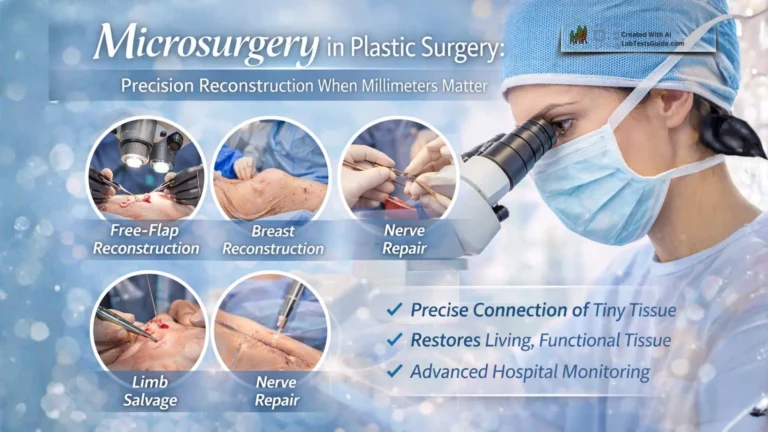Allied health careers — which include roles like medical assistants, massage therapists, radiologic technologists, and physical therapy aides — are evolving quickly as healthcare systems shift toward more holistic, team-based care. These professionals are playing a larger role in prevention, patient education, and long-term care management. As the demand for personalized, integrative care grows, allied health workers are increasingly valued for their hands-on skills and patient interaction.

Technology is also changing the field. Many allied health roles now require comfort with digital tools, electronic health records, and remote patient monitoring. At the same time, there’s a renewed focus on soft skills like communication, cultural competence, and collaboration — essential in diverse and fast-paced healthcare environments.
Programs at schools like https://www.pacificcollege.edu/, offered by Pacific College of Health and Science, reflect these changes by integrating both traditional training and emerging practices.
The Rise of Integrated and Holistic Health Programs
Integrated and holistic health programs are becoming more popular as patients and providers alike seek care that treats the whole person — not just isolated symptoms. These programs combine conventional medical knowledge with complementary approaches such as acupuncture, massage therapy, herbal medicine, nutrition, and mindfulness practices. The goal is to support physical, emotional, and mental well-being in a coordinated way.
This rise is driven by growing interest in preventive care and lifestyle-focused treatment. Patients are looking for healthcare options that not only address illness but also promote long-term wellness. At the same time, more providers are recognizing the value of combining Western and Eastern perspectives to offer more personalized care.
Educational institutions are responding by developing programs that prepare practitioners to work across disciplines. Students in holistic health programs learn both clinical and communication skills, plus how to collaborate within a broader care team. The result is a more patient-centered approach that aligns with modern values — emphasizing balance, prevention, and a deeper understanding of health.
Why Education Flexibility Matters in Healthcare Training
Flexibility in healthcare education has become increasingly important, especially for students who are already balancing work, family, or other responsibilities. Many healthcare professionals, including nurses and allied health workers, are returning to school to advance their careers — but traditional classroom schedules don’t always fit their lives.
Flexible programs, including online and hybrid options, allow students to study on their own time without sacrificing their current jobs or personal commitments. This accessibility opens the door for more people to enter or progress in the healthcare field, helping address ongoing workforce shortages.
Beyond convenience, flexible education supports different learning styles. Some students thrive with self-paced study, while others prefer live virtual sessions or weekend labs. Programs that offer choices make it easier for learners to succeed on their own terms.
In a field as demanding as healthcare, where lifelong learning is essential, education flexibility ensures that professionals can keep growing without stepping away from the roles where they’re already making a difference. It’s a practical and inclusive approach to training the next generation of care providers.







